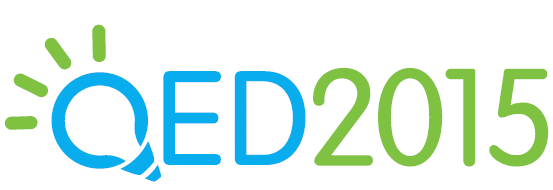
Dejan Vinković received his PhD in astrophysics from the University of Kentucky in the United States, and then worked at the Institute for Advanced Study at Princeton for four years. After returning to Croatia, he worked as an associate professor at the Faculty of Science in Split, and in the following years has been Executive Director of the private, non-profit Science and Society Synergy Institute in Čakovec. His scientific interests are many and quite colorful, from astrophysics to socioeconomics, biomechanics, and statistical analysis of politics and society, including unemployment prediction models. Recently, he has been leading an international cooperative project regarding researching massive quantites of data involving astronomical and satellite surveys of the Earth.
Round table: Creativity in higher education
IT is a field that changes from year to year. It’s extremely hard to say what our work, projects, tools and processes will look like in a fewyears, let alone five. We are constantly learning, adapting, and finding creative solutions not only for daily problems, but strategic and long-term ones as well. Because of this situation, creativity is ever more so important in every workplace, regardless of its purpose or responsibility. The question is: can someone learn to be creative?
The education system readies young adults for the workplace on a largescale. Interaction between academic institutions and the workplace is nowmore important than ever before, so that people entering the workforce are ready to face the challenges that face both them and their future companies. Their work habits, attitudes, ability to work in a team, regardfor authority, definition of success, desire to take responsibility of their own knowledge, and also creativity are shaped across the fifteen or more years of their education. If the objective of the education system is to usher in a new generation of creative and proactive individuals, in what ways is that system supposed function? What is being done well, and what changes are welcome, or even necessary?
In this round table discussion, we will give our guests a picture of the present and potential future creativity within higher education and try toagree how academics and industry can together prepare a new generation for the challenges that lay ahead.
